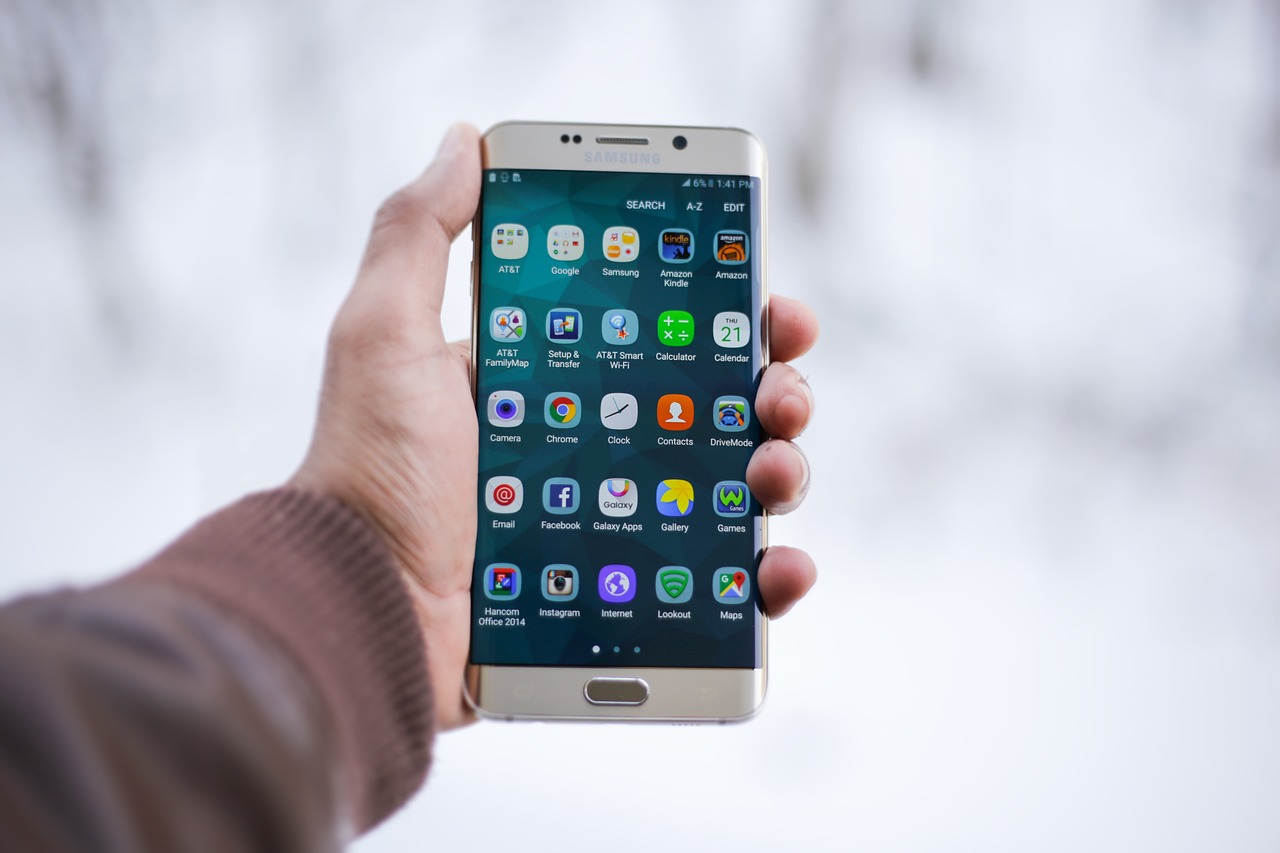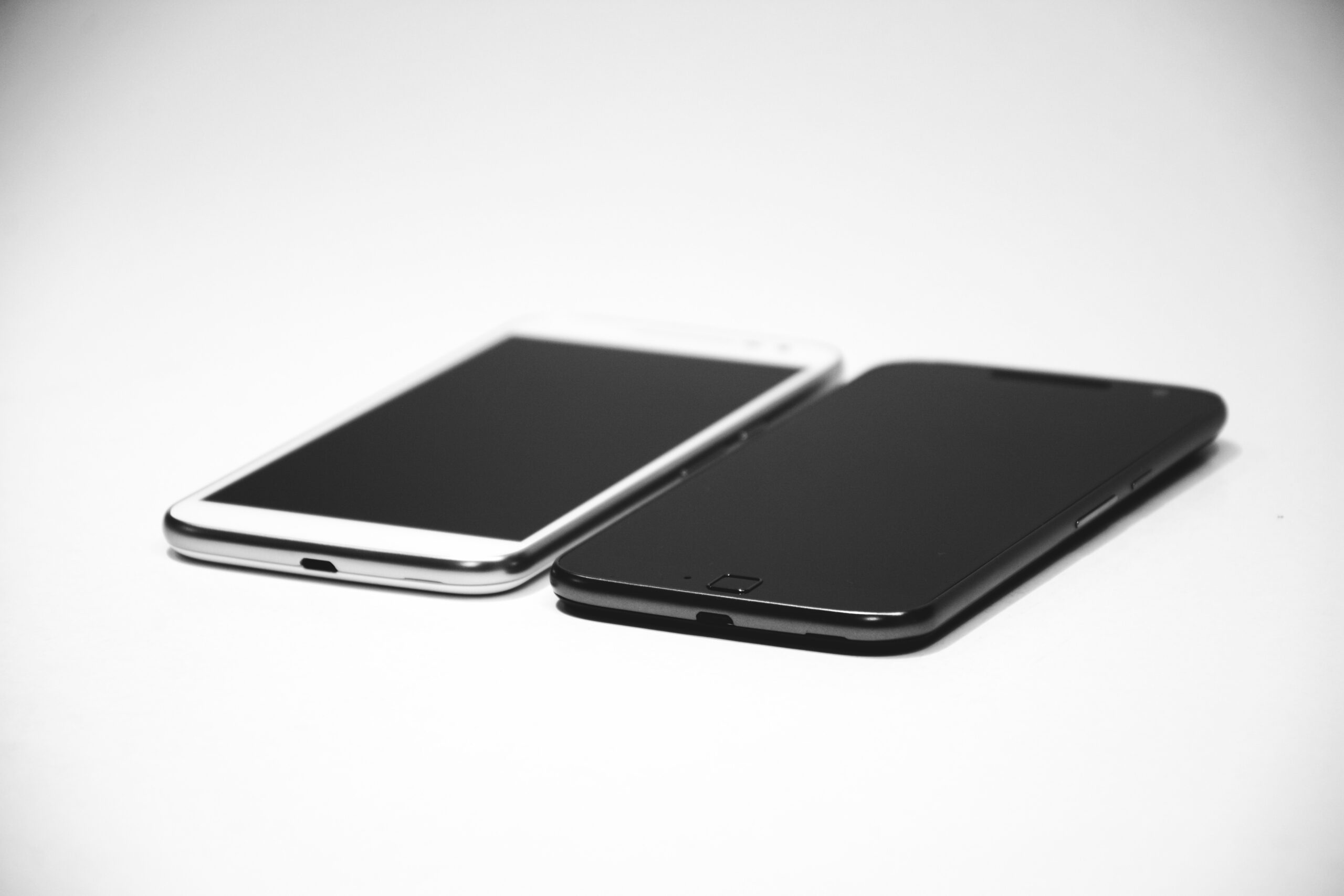Can't stay away from your cell phone? Find out what a user's solution was!
Cell phones have become an increasingly important part of our daily lives, both for fun and for more serious moments, such as work, studies and problem-solving. Although it can be very beneficial in many situations, cell phone use can also become a villain, especially when the user cannot put it down, constantly checking social media, notifications, news and more, even when they need to concentrate.
Constant cell phone use can become an addiction, called nomophobia, causing several symptoms in the user, such as irritation, agitation, anxiety, loss of sleep, lack of social interaction and much more, completely disrupting life and reducing productivity.
To try to solve the problem and reduce smartphone use, many users try to get rid of the device, create environments free from temptation, limit screen time and other attitudes that can keep them away from the cell phone. However, this is not the solution for everyone.
Now see the report of a user who tried everything, but could not stay away from the device, increasing its usage time more and more.

Cell phone addiction
The report is available on the Fast Company Brasil website and tells the story of a person who tried, at all costs, to reduce his time on his cell phone. He wanted to limit his screen time, created environments free from temptation, silenced notifications, left the device in dark mode, imposed limits on himself, and nothing.
Each trick used produced the opposite effect: an increase, not a decrease, in the desire to be with the person. cell phone in hand. Years later, he grew tired of his failed efforts and decided to try something completely different, giving up his limits and allowing himself to spend as much time as possible in front of screens on purpose.
After that, he booked three days and informed his family that he would not be available. for games and conversations, since he would spend as much time as possible with the screens. During the three days, he says he was hallucinating with the use of the screens, reading and watching various news, which was his main vice, checked emails, browsed Instagram, and listened to every podcast that interested him even slightly.
According to him, the result was: he discovered that researchers were right when they said that digital overstimulation ruins sleep, since every night he woke up at 2:30 a.m. with his mind racing. He learned that the rules of excessive consumption in the analog world do not seem to apply to the virtual world. According to him, if you try to drink, eat or have sex for days in a row, you will reach a saturation point, where you will no longer be able to do it.
However, this doesn't work in the digital world, as even after days of testing, he was still able to use the phone more and more.
Lesson
For him, the last lesson was the most surprising, because by enabling rather than resisting digital desires, the cell phone lost its sense of novelty.
For him, in the digital world, rewards work differently. You don’t get something predictable, you get something new, a variable reward. When you open a network like Facebook, you don’t know what you’ll find. Each feed, website or app offers a multitude of options. And that’s why we come back again and again, even when we have better and more important things to do.
And that's why restrictions never worked, because they don't eliminate the pleasure of novelty, they amplify it. According to him, using his cell phone impulsively for days worked, because when he went to the bathroom on the second day, he didn't feel like using his cell phone, and this was a daily occurrence. At first, he thought it was a coincidence, but it happened again on other days.
For him, going to the limit ended the feeling of novelty, which helped him forget about the device.



